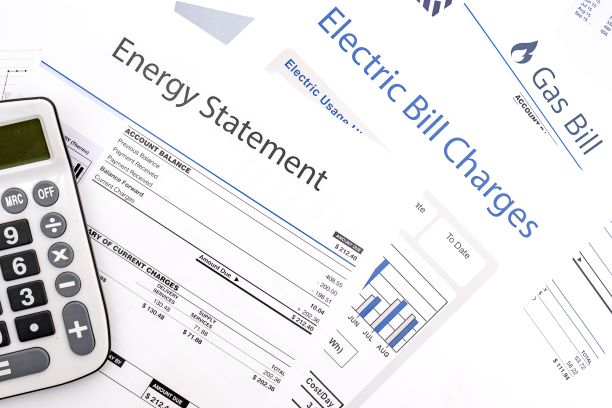Around two years ago, the average gas and electricity bill in the UK was £1,138, this was more than twice the figure from 2008. Even now, the average home will still be expected to pay around £1,000 each year on heating and power and costs are steadily rising.
Fortunately, this doesn’t have to be the case. With the right knowledge and a little effort on your part, you could be saving hundreds of pounds each year on your bills. Conducting a utility comparison is easily one of the best ways to ensure you’re not paying over the odds for home energy. Online comparison sites such as Utility Saving Expert can easily help you find a cheaper tariff and even switch energy suppliers. We’re going to look at a number of ways you can cut your monthly bill in this guide.
Switch energy suppliers
As mentioned above, switching energy suppliers is one of the most advantageous ways of reducing your gas and electricity bills. This is in part due to the growing price gap between standard variable tariffs and the cheapest fixed deals available. This gap can sometimes be more than £400, depending on market fluctuations.
According to industry regulator, Ofgem, 60% of domestic energy customers don’t have any knowledge of switching providers. If you’re still with the same supplier, it is highly likely that you are on a higher rate tariff. If your annual bill is more than £1,000, it makes sense to compare and switch suppliers as soon as possible.
Choose the correct payment method
Choosing a different payment method can actually save you money. Those paying by cash or cheque may save even more. According to the Department of Energy and Climate Change, if you choose to pay by direct debit or prepayment instead of standard credit, you could save around £90 on your gas and £66 on electricity per year. Note that these figures are based on an average household estimate. You will save more or less depending on the size of your property.
Direct debits have historically been the cheapest way to pay for many recurring bills. These days, you can even cut costs further by managing the whole process online. Ofgem’s current regulations limit suppliers’ cash bonuses for direct debit and online payments. Making this an ideal method of payment.
Turn the thermostat down
By taking control of your heating, you could be well on your way to maximising energy efficiency in the home. Nearly 66% of energy used by homes in the United Kingdom is from heating alone, accounting for around 50% of your total bill. Heating water will further increase this amount.
Normally, many consumers look at their heating bills as a fuel cost, but in reality, we’re actually paying for loss of heat. By reducing your heat loss, you will in turn reduce the amount of energy required to heat your home. A good level of insulation is the right place to start if you’re a home owner. For those that are currently renting, this may not be possible and you may have to contact your landlord if a solution can be found.
Every degree helps, so try turning down the thermostat just a little to see if you notice a difference in room temperature. You’ll certainly notice a reduction on your energy bills. If you do start to feel cold, slowly increase the indoor temperature. It also goes without saying, never leave your windows open when you’ve got the heating on.
Using a timer will also be beneficial, you don’t need the heating running while you’re asleep or if your home is unoccupied. The optimal times for automating your heating are when you’re about to wake up and arrive home from work. Using radiator valves to select how much heat each room receives is a smart move too. Living rooms and bathrooms will likely need to be warmer, while bedrooms can be a little cooler.
We are not suggesting that you live in a cold home, however, think carefully about your base temperature as the World Health Organisation’s minimum recommendation is that it does not go below 16 degrees Celsius.
Power off instead of placing in standby
Electricals that are left in standby use very little power and only make up a small portion of your utility bill. Although it will still cost you around £25 to £35 each year to leave them in this power saving mode. The more gadgets you have, the more it will cost. Although it may be an inconvenience to remember to power these off regularly, the savings over a longer period may be worth it.
In conclusion, by following these easy and simple methods, you can reduce your gas and electricity consumption by an appreciable amount. This will help you improve your energy efficiency in the home, resulting in lower cost bills and even helps protect the environment through a reduction in carbon emissions.

